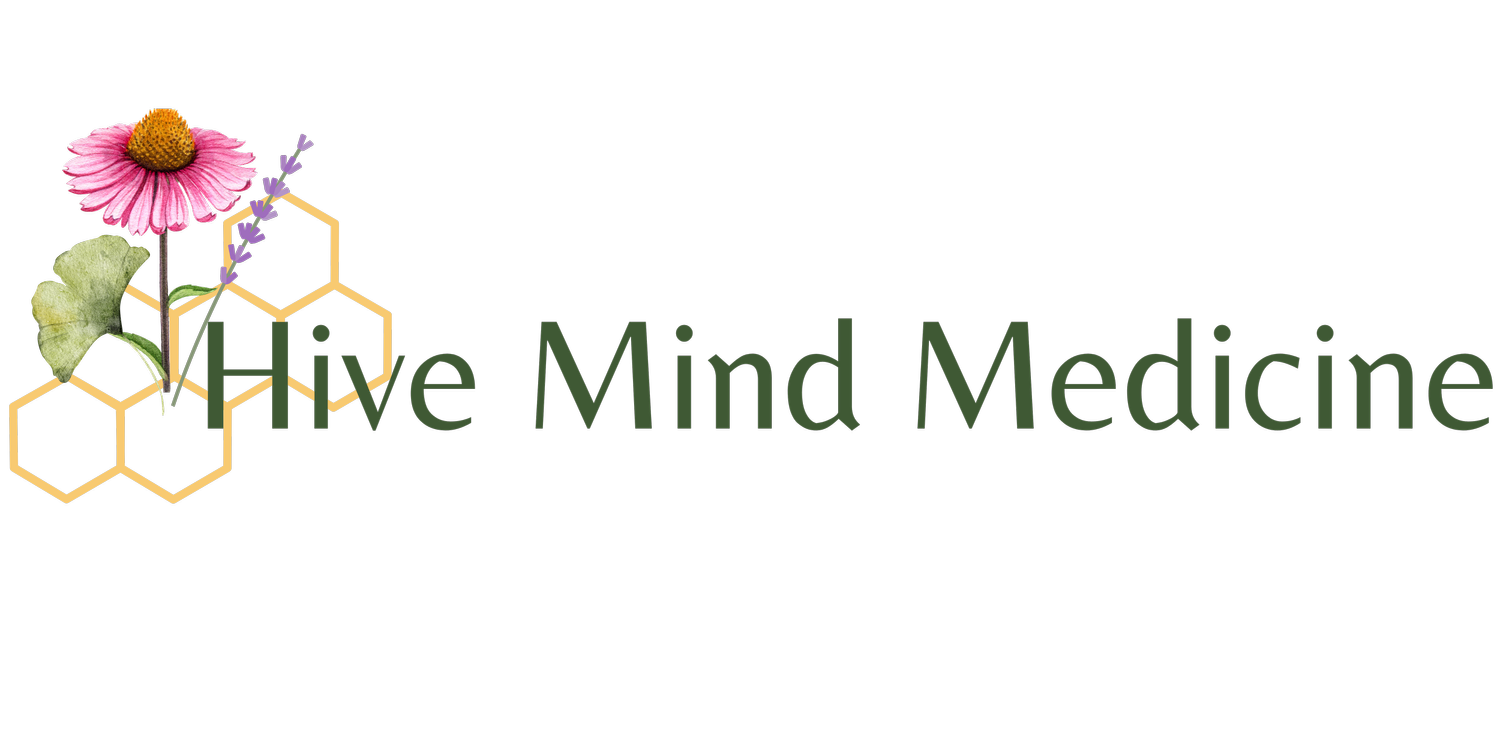Do I Have Reflux or Something Else?
STEVEN SANDBERG-LEWIS
N.D., DHANP
GERD is a general term for pain or esophageal tissue damage caused by stomach contents moving up into the esophagus, throat or mouth. It is a very common problem, but there are several conditions that fall correctly under the category of reflux and others that may feel symptomatically very similar, but not involve reflux at all. Let’s start with 4 ways that true reflux can manifest.
1) Esophagitis/erosive esophagitis is the term for disease changes caused by recurrent reflux in the esophagus that can be seen with the naked eye (endoscopy) or under a microscope (biopsy) This is when fluids, gases or solids move from the stomach into the esophagus and cause irritative changes. This could be merely redness of the esophageal lining (erythema) as the most minor change, or erosions (shallow breaks in the esophageal membrane) or ulcers or precancerous changes in the more serious and advanced cases. Over time this chronic inflammation may stimulate changes in the esophageal membrane (Barrett’s metaplasia). Barrett’s, in a small percentage of cases, may progress to esophageal cancer if the ongoing reflux is not corrected.
2) Non-erosive reflux disease (NERD) is the term for those with reflux symptoms and proven reflux by specific tests (such as pH impedance monitoring or salivary pepsin testing) but having no esophageal membrane changes seen with the naked eye (endoscopy) or under a microscope (biopsy). The good news is that this absence of tissue change is thought to be the most common type of reflux.
3) Laryngopharyngeal reflux (LPR) and extra-esophageal (beyond the esophagus) reflux manifestations occur in about one-third of patients and may make diagnosis and treatment more complicated. Extra-esophageal problems may involve the lungs, upper airways (ie. bronchi, throat, vocal cords) and mouth, leading to problems such as asthma-like symptoms, bronchitis, laryngitis, chronic cough, erosion of dental enamel and chest pain. Chest pain is divided into pain due to heart problems and any other cause (non-cardiac chest pain). Reflux induced chest pain fits into the latter group.
4) Reflux hypersensitivity is the term for typical heartburn symptoms in patients with no esophageal disease changes seen with the naked eye (endoscopy) or under a microscope (biopsy) as in NERD above, but other subtle findings on pH impedance testing revealing muscle reflexes that trigger the sensations of heartburn or chest pain. This may be a case of pain induced by normally imperceptible minor reflux events that occur in everyone.
Things that are not GERD
1) Functional heartburn is the term for reflux-like symptoms, but no signs to prove that reflux is the culprit. In this case, even the normally imperceptible minor reflux events that occur in everyone are not associated with the heartburn symptoms.
2) Rumination syndrome is a rare condition in which food from a previous meal suddenly comes up into the mouth. It is sometimes misdiagnosed as reflux, regurgitation or vomiting, but there are none of the typical events associated with true vomiting. There is no nausea, no retching (abdominal and diaphragm muscle contractions) and often the food does not taste acidic. It simply rises into the mouth the way a ruminant animal such as a cow would rechew and reprocess food that was previously in the stomach. Rumination syndrome is neither GERD nor vomiting and is considered one of the functional gastrointestinal disorders (Rome criteria). It is most successfully treated with diaphragmatic breathing exercises and biofeedback to normalize the autonomic nervous system.
These distinctions may seem complex and in fact, most healthcare practitioners do not understand the differences among these various conditions. Typically in healthcare settings, any of these will be treated with medications to suppress acid. This explains some of the reasons proton pump inhibitors fail to relieve “heartburn” in about 40% of cases. So let’s get real about what is and what isn’t reflux!
Hive Mind Medicine blog posts are for educational purposes only and are not intended as medical advice. Please consult with your health care practitioner for personalized guidance.

